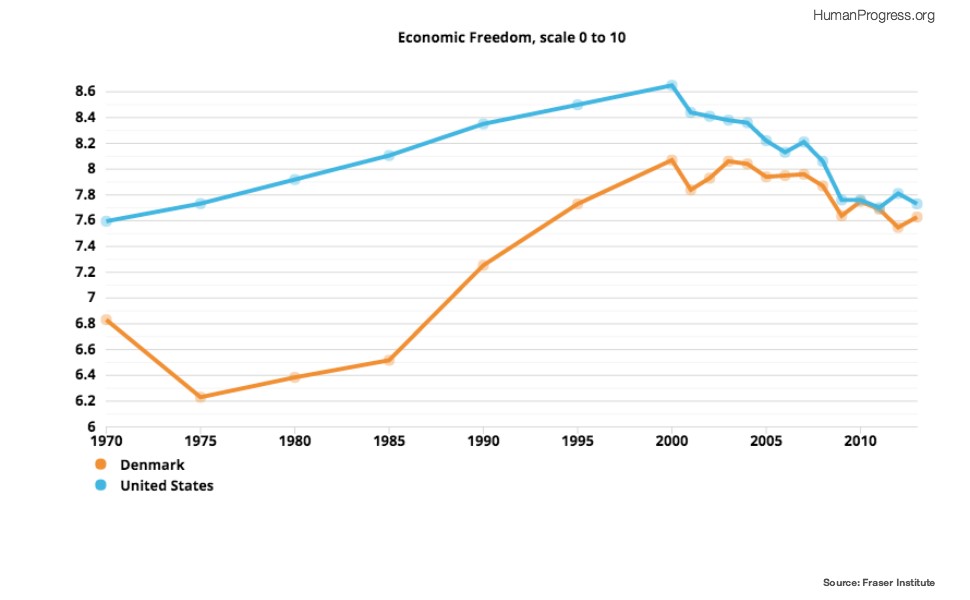
The data and chart comes from the Federal Reserve Economic Data base (FRED.) It is Gross domestic Product minus Treasury Debt. If you download them to a spread sheet GDP is expressed in billions so 1,000,000,000 is expressed as 1, while Federal Debt is expressed in millions so 1,000,000,000 is expressed as 1,000. That is why the chart is (Gross Domestic Product * 1000.)
Do you consider debt as income? Before you answer that, let’s perform a thought experiment. Imagine that you had taken a long cruise last fall and charged $10,000 to an American Express card. When you did your taxes this year, would have told the IRS that you had $10,000 income from American Express? Of course you wouldn’t. Suppose a major oil company issues $800 million worth of bonds to develop a new old field. Would the company report that as income to the stockholders or the IRS? Of course they wouldn’t. I am sure those sound like silly questions as the answer is a self evident “NO!” We do not consider borrowed money as income. It is a liability that must be paid back. Then why do we count Federal Government debt when measuring national income? I will leave speculation as to the “why” to the readers and focus on the fact that we do count new Treasury Debt as income. Continue reading








